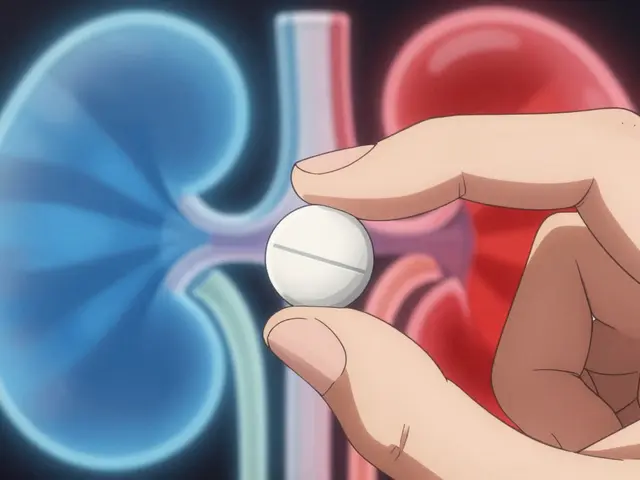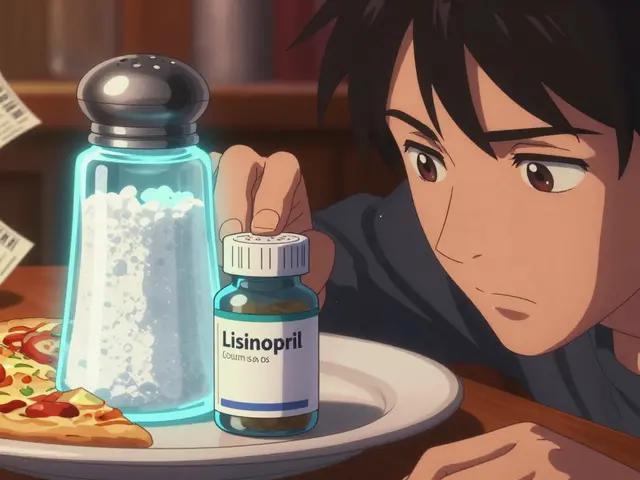Suicide Risk: What to Watch For and How to Get Help
Feeling worried about suicidal thoughts—yours or someone else's—can be scary and confusing. Suicide risk shows up in ways that are sometimes obvious and sometimes subtle. Knowing the signs, how certain medicines can change mood, and what to do right away makes a real difference.
Recognize the warning signs
Look for sudden changes in behavior or mood: withdrawing from friends, talking about being a burden, saying they want to die, or making plans. Other red flags include giving away possessions, increased alcohol or drug use, drastic mood swings, or reckless actions. Sleep changes, hopelessness, and loss of interest in things that used to matter are also important to notice. If you see several of these, treat it as urgent.
Trust your gut. If someone says they feel hopeless or are thinking about suicide, take it seriously—even if they say it was a joke later. Ask directly: "Are you thinking about killing yourself?" Direct questions won't plant the idea; they give permission to talk.
Medications and mood: what to check
Some drugs can change mood or increase suicidal thoughts in certain people. Antidepressants sometimes raise suicidal thoughts when first started, especially in people under 25—so doctors recommend close follow-up in the first few weeks. Trimipramine, a tricyclic antidepressant covered on this site, needs monitoring when you start or change dose. Isotretinoin (Accutane) has had reports of mood changes in a small number of users; if acne treatment is affecting mood, talk to your prescriber right away.
Other medicines—from some antibiotics to some blood pressure drugs—can also cause sleep or mood changes in rare cases. If you or someone you care about starts a new drug and mood worsens, call the prescriber or pharmacist. Don’t stop meds on your own—some need to be tapered—but do get professional advice fast.
If you want more detail on specific drugs mentioned here, check our articles on Trimipramine and Accutane for safety notes and what to watch for. You can also use telehealth services to get quick help if you can’t see your usual doctor.
Immediate steps to take: if there’s an immediate danger, call emergency services or go to the nearest emergency room. In the U.S., call or text 988 to reach the Suicide & Crisis Lifeline. If you’re elsewhere, contact local emergency numbers or find your national crisis line online. Remove or lock up anything that could be used to hurt someone—medications, weapons—while you arrange help.
Talk to someone you trust. If you’re the helper, stay calm, listen, and help the person get professional care. Offer to call a clinician, crisis line, or accompany them to the emergency room. Follow up—checking in again later matters more than you might think.
Suicidal feelings are treatable and asking for help is a strong step. If you’re unsure where to start, use local health services, your pharmacist, or our site guides to learn more about medication side effects and how to get support.





